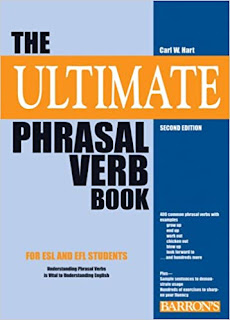We shall look at the verb ‘provide’ and how we use it in different situations.
Provide : to give someone something they need
Examples:
These books provide all the scientific data we need.
The school children are provided mid-day meals everywhere in India.
The Government of India will provide free Covid vaccines to all.
Provide somebody with : supply someone with something from which they can get a benefit
Example:
The TCS provides its employees with medical insurance.
Provide something for : to supply something for the benefit of someone
Example:
My brother provided funding for my BEd.
Provide something to somebody : to give something to somebody
Example:
The TATAs are providing free oxygen to many hospitals.
Be provided by : supplied by
Example:
According to the data provided by the WHO, the Covid is one of the biggest health crises humanity has ever faced.
Provide something at : supply something at a place
Example:
They provide good education at that school.
Provide against something : to make plans in order to deal with something unpleasant
Example:
During the Covid Crisis, many banks provided huge sums against bad debts.
Provided that : If
Example :
The Exam Board wants to give grace mark to that question provided that an attempt is made to answer that question.
Provides that : ( of a law) to say that something must happen if particular conditions exist
Example:
The Hindu Marriage Act, 1955 provides that a Hindu should not get involved in a marital relationship with more than one person.
Practice Bits
Fill in the following blanks with the phrasal verbs that are possible with 'provide'
1. The Arogyasri Card will be helpful to all the people of Andhra Pradesh _________ they have a white ration card.
2. The majority of African people fell below poverty line as per the data ___________ the United Nations.
3. The free Covid vaccination is _________ all Government Medical Centres.
4. TATAs are _________ free cancer treatment ______ cancer patients at their hospitals.
5. The Non-Proliferation-Treaty ___________ no non-nuclear-state should acquire nuclear weapons.


